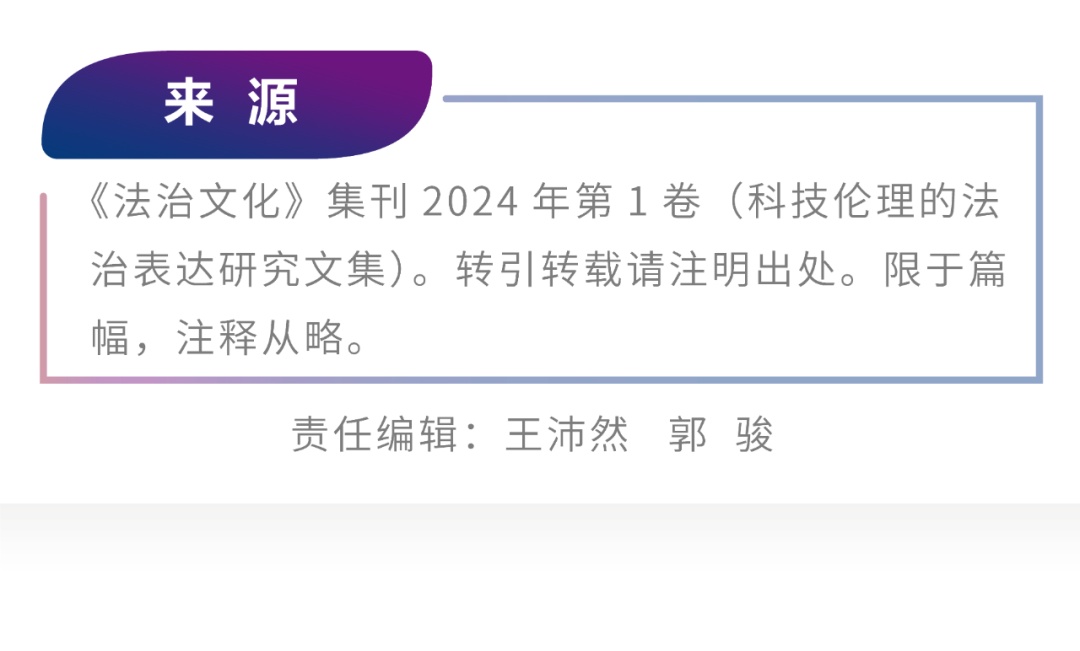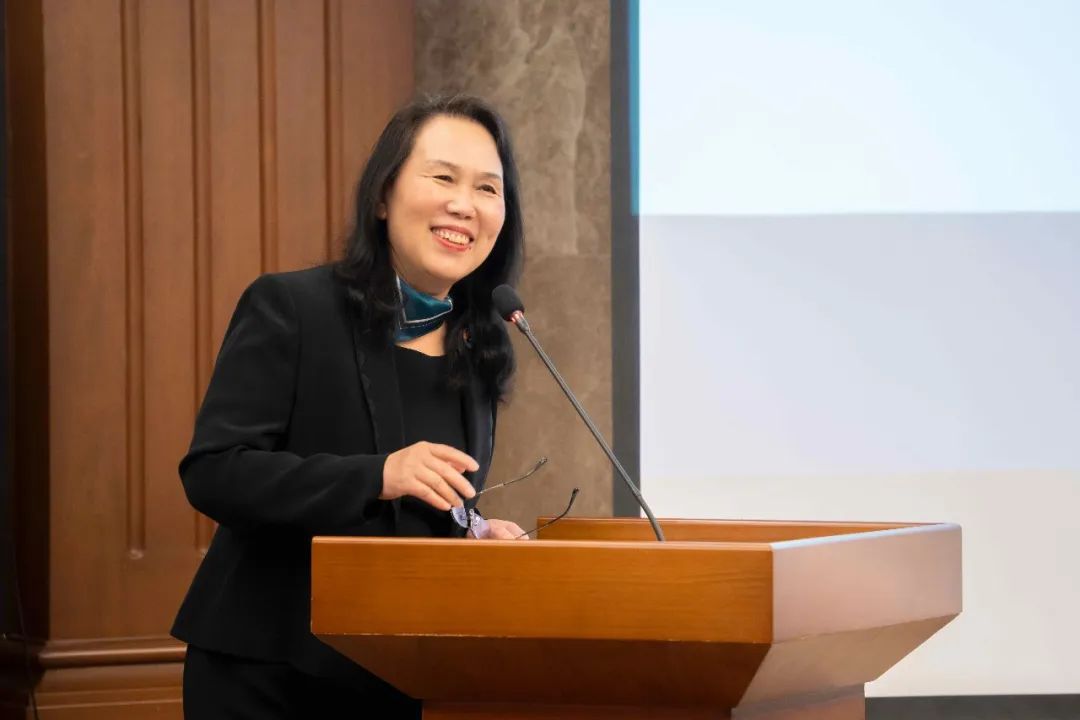Preventing The "derailment" Of Artificial Intelligence From Harming People Nanda Artificial Intelligence School Will Hold "AI Ethics" Course
Preventing The "derailment" Of Artificial Intelligence From Harming People Nanda Artificial Intelligence School Will Hold "AI Ethics" Course
"As AI (artificial intelligence) becomes stronger, AI ethics becomes more and more important!" At the "Jiangsu Artificial Intelligence Conference" which opened on September 7, Professor Zhou Zhihua, Chairman of the Jiangsu Artificial Intelligence Society and Dean of the School of Artificial Intelligence of Nanjing University, revealed that AI ethics research

Artificial intelligence technology has penetrated into every corner of human life. While we enjoy various revolutionary conveniences, we cannot hide our concerns - will artificial intelligence destroy social order and security in the near future bring us dangers?
"As AI (artificial intelligence) becomes stronger, AI ethics becomes more and more important!" At the "Jiangsu Artificial Intelligence Conference" which opened on September 7, Professor Zhou Zhihua, Chairman of the Jiangsu Artificial Intelligence Society and Dean of the School of Artificial Intelligence of Nanjing University, revealed that AI ethics research will join the curriculum system of the institute.

Early artificial intelligence could only complete some tasks that required a lot of calculations based on pre-set programs, such as playing chess, splicing patterns, sorting pictures, answering simple questions, etc. Nowadays, with the help of the latest technologies of deep learning, neural networks, and the Internet of Things, some artificial intelligence devices have achieved full automation and can independently reason and solve problems in real life. Language translation, automatic transactions, facial recognition, driverless driving, etc. have all been implemented through artificial intelligence.
But will the rapidly developing artificial intelligence technology one day lose control? Will it endanger human information and even personal property safety? Scientists around the world have already begun discussion and research.
The Future Life Research Institute (FLI) promotes the proposal of "23 Artificial Intelligence Principles", and IEEE initiates the Artificial Intelligence Ethics Standards Project and proposes specific guidelines. The United Nations took two years to complete the robot ethics report, believing that the international framework of robotics and artificial intelligence ethics is needed. The EU is also promoting the formulation of data protection, digital rights and ethical standards for robots and artificial intelligence, and even passing resolutions to legislate civil legislation on artificial intelligence.

"When a technology is relatively weak, people don't care about its ethics, because even if it is used to do bad things, there is no major harm. Only when this technology becomes very powerful will people worry about whether there will be problems in the future." Zhou Zhihua feels that people treat artificial intelligence today a bit like in the 1950s, hoping that it will show its magical powers, but also fear.
He said that there are many first-class scholars in the academic community who are beginning to pay attention to the ethics of artificial intelligence, including leading universities such as Carnegie Mellon University in the United States, which have begun to add courses on the ethics of artificial intelligence. "We will also have similar course settings behind the School of Artificial Intelligence of Nanjing University."
However, the study of ethical issues of artificial intelligence cannot be limited to scientists in this major. It should also include social science experts and scholars from other related fields to discuss this new topic together.
As a big name in artificial intelligence technology, Zhou Zhihua often compares kitchen knives that are common in life with artificial intelligence.
"Artificial intelligence technology is like a kitchen knife. It could have been used to cut vegetables to provide convenience in life, but it is also possible to harm people with a kitchen knife. This is not the mistake of the knife, but the mistake of the knife man."
He emphasized that the starting point of research on artificial intelligence ethics is by no means to prevent this technology itself, but to prevent this technology from being abused by malicious people.
Nanjing University





